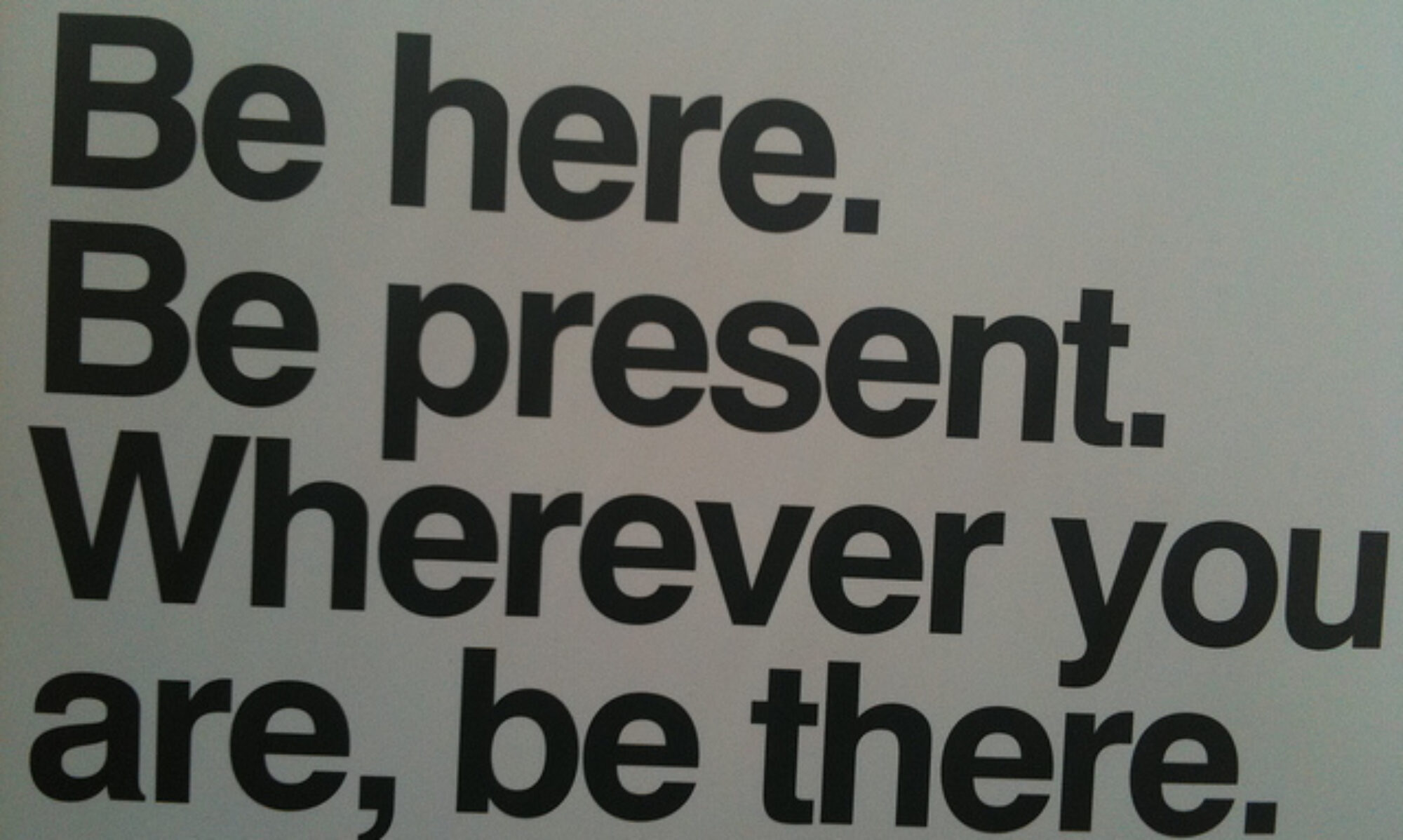Recently, at a catch-up brunch with a friend from college who is also in the communications field, we discussed the need for a side hustle. We both leaned toward consulting, and as such were discussing client relations.
As we had both discovered, and many other solo practitioners well know, those in need of communication assistance don’t always see the big picture. Potential clients sometimes believe that a tactic like customer newsletters, press releases or social media posts can make up for the lack of a true foundation of a brand and vision. My friend told me “That’s not the entirety of what we do, and it’s hard to translate that sometimes.” To which I nodded in agreement, because I’ve been there and done that.
So here is my two cents on the matter, for those entrepreneurs who are seeking to make a big impression through integrated communication:
- Know thyself – Can you explain you and your services in a nutshell? If that nutshell is more the size of a coconut rather than a peanut shell, start shaving down to the essentials. There is a lot of competition out there, and the quicker you can get to the “How I can help you” point, the better to keep and maintain the attention of your customers.
- Know thy budget – Find a balance between costs, both monetary and non-monetary. Recognize what you save in dollars by trying to do it all yourself may actually come out as a time resource cost. Nothing in life is free; know when to outsource to the professionals.
- Know thy value – This message is for clients and communication practitioners both. Pricing your goods, for entrepreneurs, means the difference between feast and famine. Allocate, budget and track your sales to know when you can bring in partners – and yes, PR and marketing people should be your right-hand (wo)man in your journey – to help you go even further. Practitioners, know and ask for the true value of your services. Sure, you may think that writing out the plan takes only X hours. But consider also the time it takes to get in the head of your client, research their field and truly deliver an informed plan.
I hope this helped someone who is being challenged with a client who is limiting their own vision in the pursuit of short-term sales. Remind them that you are in the business of creating a long-haul journey, a foundational story and a valuable brand. And to those who are working with a solo practitioner, know that though they may not get you in Newsweek in the first month of working together, they will get you to the right place in time.
